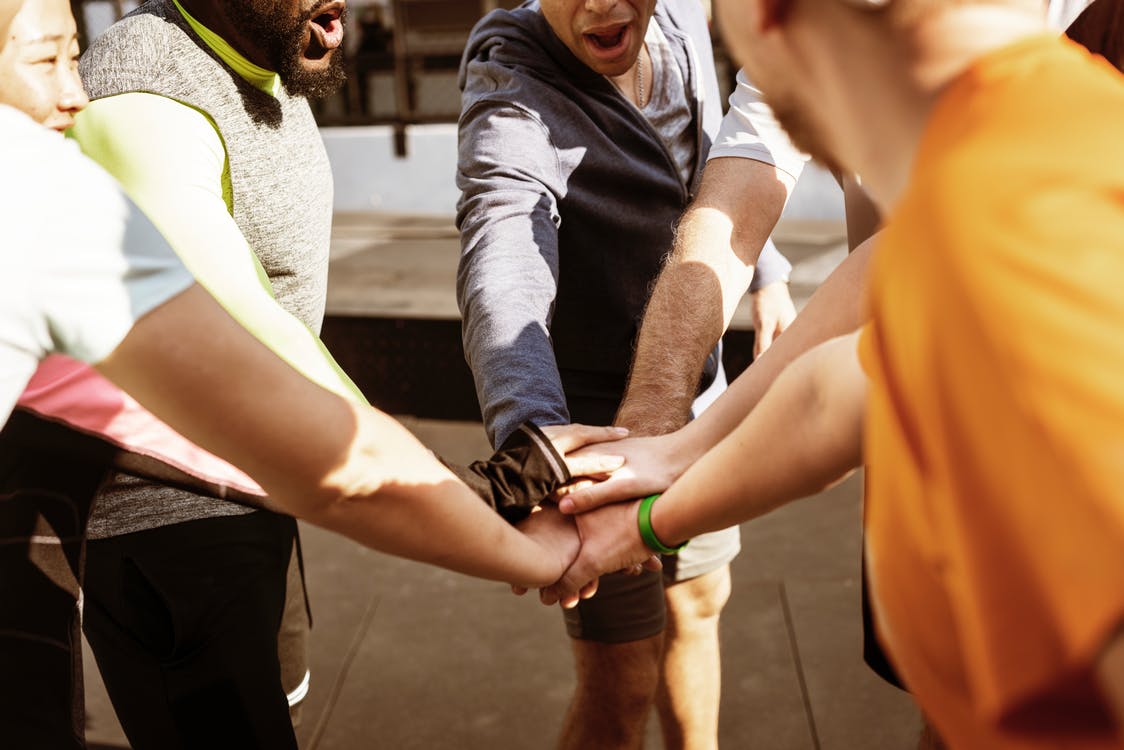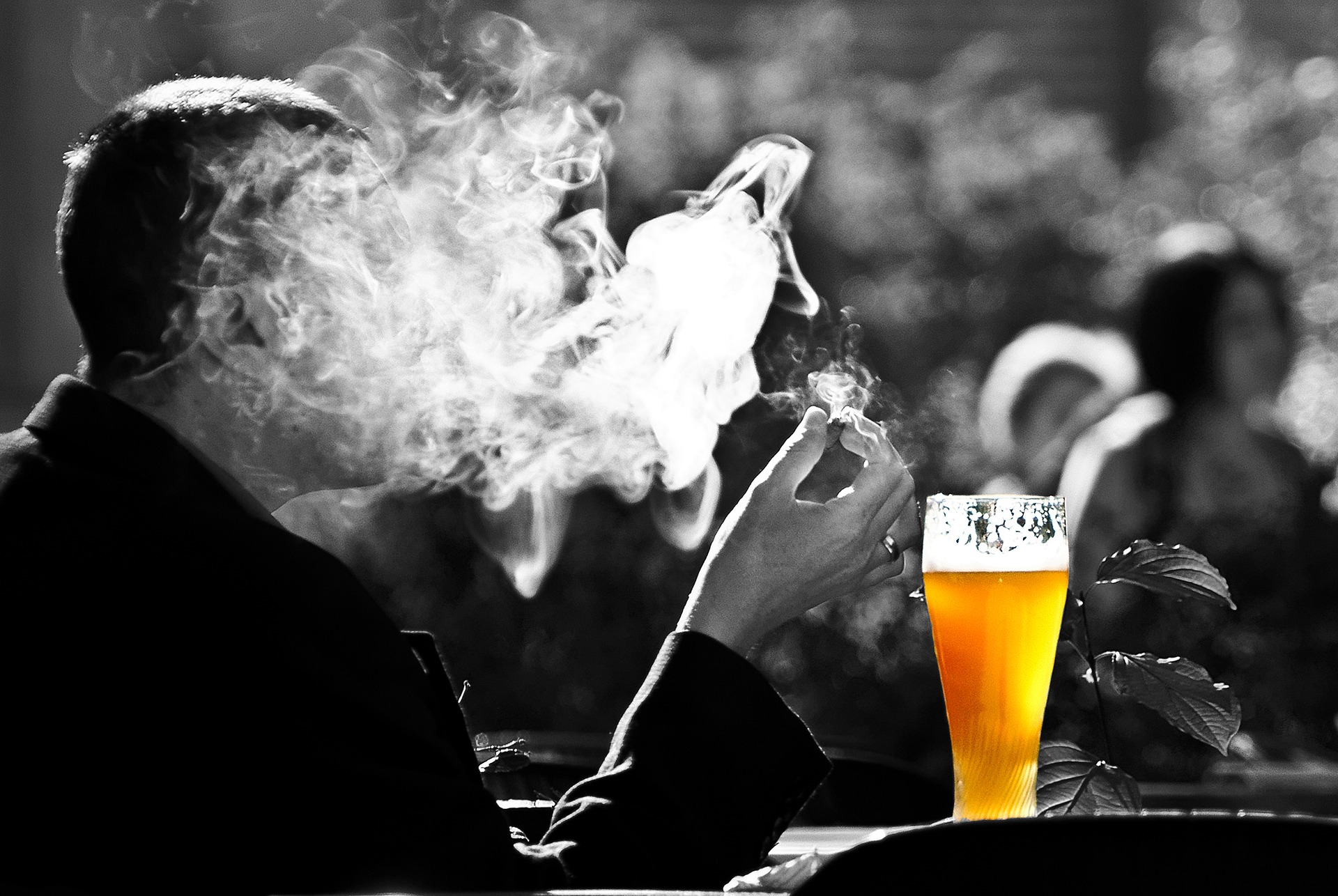Alcohol addiction recovery can be very challenging and difficult. Those who have worked through a rehab program and are involved in aftercare help to increase their resistance against relapse. However, even those who have not participated in a recovery program can do several things to overcome the urge to drink as well as avoiding situations where the temptation is more likely to evolve. Involvement in a fitness program and working to maintain fitness can help the recovering alcoholic in several key ways.
Focus
People who are trying to avoid a relapse into alcoholism need a positive focus to substitute for the drinking habit. Having a daily exercise routine provides a meaningful and enjoyable replacement activity. Instead of giving in to a craving for alcoholic beverages, former drinkers can concentrate on their workouts to enjoy a sense of accomplishment as well as improved health. Over time, they will think less about alcohol and instead focus on the serotonin boost they get from aerobic and cardiovascular exercise.
Energy
People who drink too much are often tired, sleepy, and listless. Their muscles may become weak from disuse. Often, they procrastinate about what they want to do or should do, including employment, which can lead to poor performance reviews or even losing a job. However, avoiding alcohol and getting effective exercise stokes physical and mental energy. Regular exercisers tend to have above-average energy and accomplish quite a bit in their daily schedules. A former drinker will start to feel empowered and enjoy greater self-esteem from this newfound energy and may try even harder to stay sober.
Socialization
Many alcoholics lose friends and destroy relationships through the effects of their addictive behavior. When sober, they can join a gym and meet other fitness-minded individuals with whom they can share fitness activities in groups, like playing basketball or enrolling in a dance class. Feeling accepted as an equal participant in fitness activities instills confidence in someone who has experienced loneliness when under the influence of alcohol. A sense of equality and normalcy can help them to keep drinking in the past while enjoying a new, more meaningful lifestyle.
Goals
Although drinkers usually have plenty of plans, the influence of alcohol on their will, their brain, and their body leaves them unable to meet obligations or uphold their responsibilities. Without alcohol in their system, former drinkers can begin to set realistic life goals, such as holding a job, paying bills on time, and establishing new relationships. This can begin with setting small goals with respect to getting fit. Losing five or ten pounds and building workout times and intensity with perceptible results can be highly motivational and help the person to maintain a positive outlook as each small goal that is met leads to bigger goals that are likewise achieved. These successes reinforce the health benefits of avoiding relapse and getting fit.
Well-Being
Anyone who seriously embarks on a fitness plan and stays with it, despite occasional setbacks, will soon feel better about themselves. This is especially true for alcoholics, who often have low self-esteem and a host of lifestyle problems to contend with, including health, relationships, and finances. A healthy workout session releases endorphin, which has a feel-good effect on the person. People who feel good physically and mentally are less likely to relapse to alcohol consumption since many drinkers use alcohol to self-medicate negative feelings like anxiety, depression, and sadness. Associating with others who have similar fitness goals can create a sense of well-being and a healthier way of life.
Success
Those who work on getting fit are purposeful, energetic, and often satisfied in general with their lives. These qualities contrast sharply with an alcoholic’s outlook. Escaping alcoholic addiction and connecting with positive people through the medium of physical fitness can be a life-changing experience for many and a replacement lifestyle for one of dissipation and loss.
Although many drinkers choose to escape their addiction through various outlets, fitness is an affordable, achievable, accessible activity where benefits can start to be seen almost immediately and continue for a lifetime. Alcoholics who turn to fitness often find the fulfilling life they have always wanted.
To learn more about treatment options for alcohol addiction, have a look at the following page:





